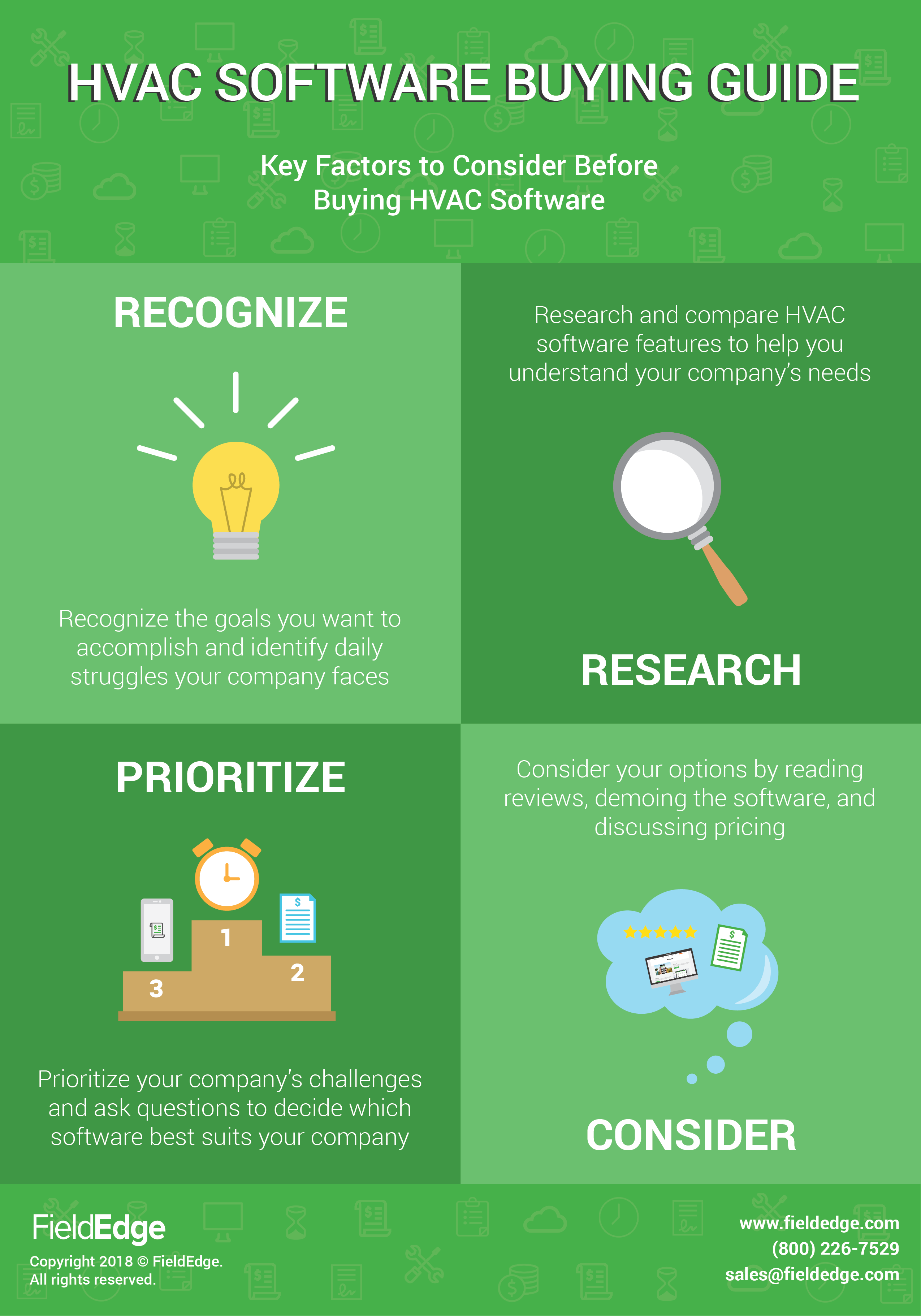The Future Of Home Home Heating - How Heat Pump Innovation Is Evolving
The Future Of Home Home Heating - How Heat Pump Innovation Is Evolving
Blog Article
Authored By-David McCormick
Heatpump will be an important modern technology for decarbonising home heating. In a situation consistent with federal governments' revealed power and environment commitments, their global capacity increases by 2030, while their share in home heating rises to one-quarter.
They function best in well-insulated homes and depend on power, which can be supplied from a renewable power grid. Technological breakthroughs are making them a lot more effective, smarter and more affordable.
Fuel Cells
Heat pumps make use of a compressor, refrigerant, coils and followers to relocate the air and heat in homes and home appliances. They can be powered by solar energy or electrical power from the grid. They have actually been gaining appeal as a result of their affordable, peaceful operation and the capability to generate power throughout peak power demand.
Some firms, like IdaTech and BG MicroGen, are dealing with gas cells for home heating. These microgenerators can change a gas central heating boiler and generate some of a home's electric needs with a connection to the electrical power grid for the rest.
Yet there are reasons to be unconvinced of using hydrogen for home heating, Rosenow says. It would be costly and inefficient contrasted to other innovations, and it would include in carbon emissions.
Smart and Connected Technologies
Smart home innovation enables property owners to connect and regulate their tools from another location with making use of mobile phone applications. As an example, wise thermostats can learn your heating preferences and immediately adapt to enhance power consumption. Smart illumination systems can be controlled with voice commands and instantly turn off lights when you leave the area, decreasing energy waste. And wise plugs can keep track of and manage your electrical use, permitting you to identify and restrict energy-hungry appliances.
The tech-savvy household portrayed in Carina's interview is a great picture of how occupants reconfigure room heating practices in the light of brand-new clever home technologies. They rely on the tools' computerized functions to accomplish everyday adjustments and concern them as a practical methods of conducting their home heating methods. Thus, they see no reason to adjust their techniques additionally in order to make it possible for adaptability in their home power need, and treatments targeting at doing so might face resistance from these houses.
Electrical energy
Since heating up homes represent 13% of US exhausts, a button to cleaner alternatives can make a big difference. But https://docs.google.com/spreadsheets/d/1M4QoRQBniATnnSlfIthVFhYczUgYJf4lKxw942n_dzQ/edit?gid=1074771488#gid=1074771488 deals with challenges: It's costly and requires extensive home restorations. And it's not always suitable with renewable resource sources, such as solar and wind.
Till recently, electric heat pumps were also expensive to compete with gas models in many markets. Yet brand-new innovations in style and products are making them extra inexpensive. And much better cold climate efficiency is allowing them to work well also in subzero temperatures.
The next action in decarbonising home heating may be using warm networks, which draw heat from a main source, such as a close-by river or sea inlet, and distribute it to a network of homes or structures. That would lower carbon exhausts and enable homes to capitalize on renewable energy, such as green electrical power from a grid provided by renewables. This option would be much less costly than changing to hydrogen, a fossil fuel that needs brand-new infrastructure and would only minimize carbon dioxide emissions by 5 percent if paired with improved home insulation.
Renewable Energy
As electrical power prices go down, we're starting to see the same fad in home heating that has driven electrical automobiles into the mainstream-- however at an also much faster rate. The strong climate situation for impressive homes has been pushed better by brand-new research.
Renewables account for a significant share of contemporary warmth usage, however have actually been provided limited policy focus internationally compared to various other end-use industries-- and also much less interest than electrical power has. Partly, this mirrors a mix of consumer inertia, split rewards and, in lots of countries, subsidies for nonrenewable fuel sources.
just click the up coming page might make the shift much easier. For example, heat pumps can be made more energy effective by changing old R-22 cooling agents with new ones that don't have the high GWPs of their precursors. Some specialists additionally visualize area systems that attract warmth from a nearby river or sea inlet, like a Norwegian arm. The cozy water can then be utilized for heating & cooling in a neighborhood.